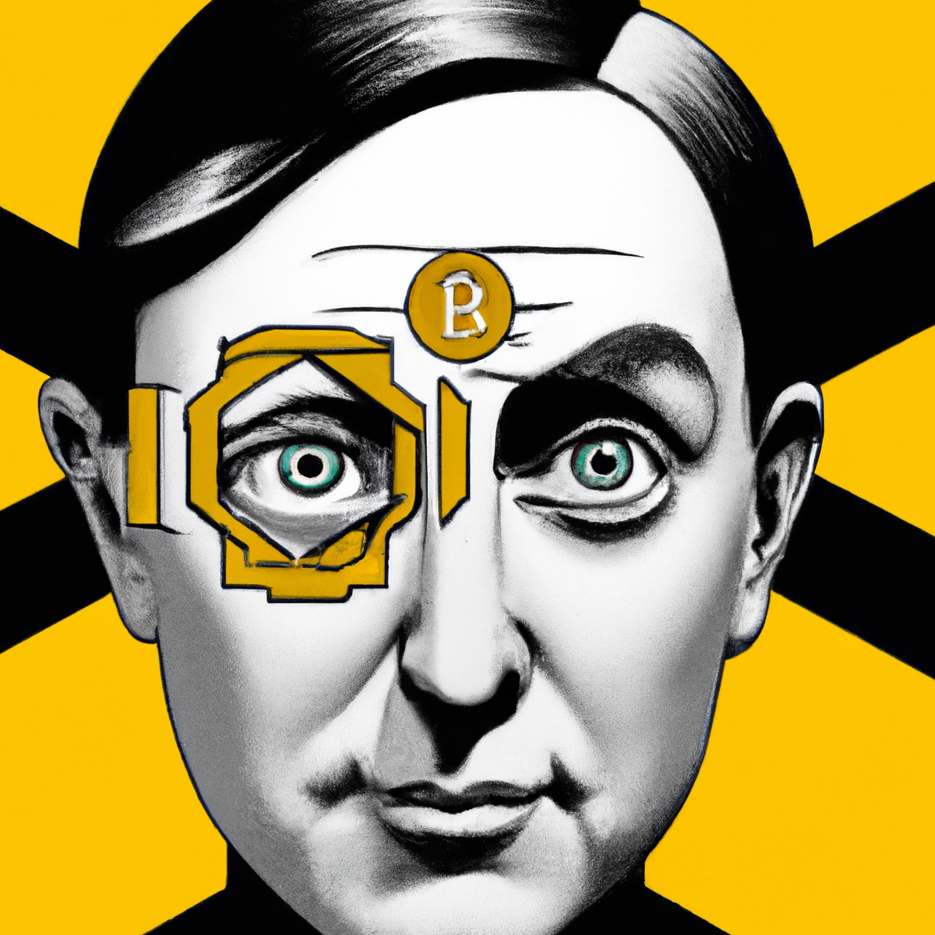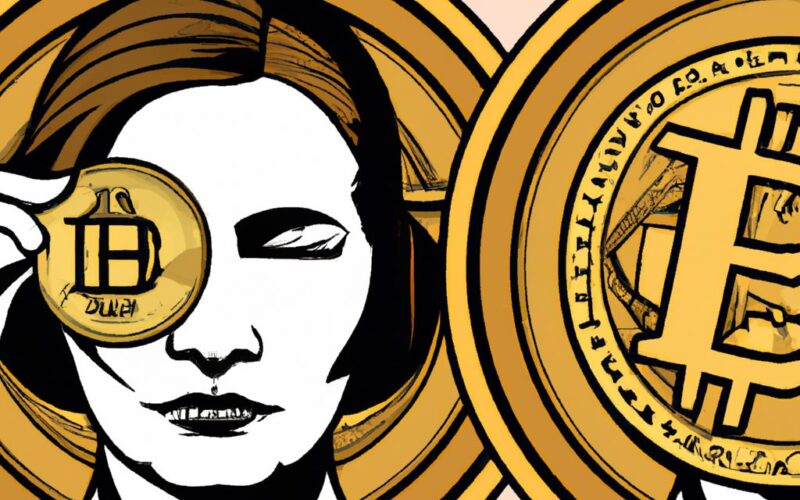Gently stated, I remain deeply disinterested in Ayn Rand’s philosophy of objectivism. Despite this, her famous Mike Wallace interview on February 25, 1959 is increasingly interesting to me. In the televised broadcast, Rand forcefully argued for the “separation of state and economics” at the height of US prosperity, in the middle of the quarter century period referred to as the “Golden Age” of USA.
Between 1948 and 1973 US real GDP rose 169%, employment increased by 75%, and per capita personal income almost doubled. At the same time she was calling for a Laissez-faire policy, the existing framework was producing the best economy in world history. Revisiting the Wallace interview without this context misses how radical her ideas were in the moment. But rather than analyze Rand’s prescription (deregulation) it’s helpful to instead consider her diagnosis (inevitable malignant government) that drove her ideas. It’s impossible to objectively agree on the empirical metric that qualifies as “big government”, but existing US debt levels and rampant spending is widely considered excessive, representing an expansion of government that Randism rejects. With the advent of cryptocurrency, portions of Rand’s seemingly implausible, radical vision are now possible and actually transpiring- for better and worse- and it behooves us to consider the potential consequences.
Government control of a country’s economy—any kind or degree of such control, by any group, for any purpose whatsoever—rests on the basic principle of statism, the principle that man’s life belongs to the state.
Ayn Rand
Rand’s interest in separation of state and economy were inextricably tied to her rejection of statism. It was the accumulation and misuse of government power she most feared, and so it follows logically that she would seek to starve state power by limiting its lifeblood; capital. Seven decades ago it was difficult to conceive a world where only the currency could be practically deregulated rather than the economy altogether, so the idea of truly sovereign currency would not have likely surfaced. Fast forward to 2008 and Bitcoin emerges with the ability to do just that. As a stateless currency not subject to political pressure, cajoling or powerful economic interests, Bitcoin is truly sovereign currency- not currency issued by a sovereign nation.

For many “fiscal” Bitcoiners, Satoshi Nakamoto’s invention allows for either a parallel currency or outright replacement and discontinuation of state currency, in either case limiting government spending without dismantling laws and regulations commonly accepted as societally beneficial. Perhaps more ideological Bitcoiners and the more extreme “crypto-anarchists” see a pure Libertarian or state-free future taking shape in which states- if they even exist- are entirely stripped of regulatory oversight, replacing state authority with “code is law”. In truth the technology itself is coldly indifferent to how the code is used, and either outcome is certainly technically achievable. And this is perhaps what most concerns crypto skeptics; waking up one day in a world that resembles a Rand-styled utopia, which might really be a hellscape.
Bitcoin has shown us that it’s possible to create a global currency under no state control, and in fact designed with no central planners whatsoever. A decentralized currency could serve the purpose of limiting the state’s power to finance any activity they desire through issuing currency, without neutering the state’s ability to govern. I’m not sure this would have been sufficient for Rand, but it certainly appeals to many citizens today who have grown skeptical of endless wars, currency debasement, bail outs and shifting monetary policy. Leaving aside the efficacy of Bitcoin in particular, the question we must ask ourselves is whether such a currency is on the balance advantageous, as its clearly technologically achievable. If so (and I believe it is), what are the negative secondary and tertiary effects of such a currency, and how can they be mitigated? Or can they even be mitigated at all?
If states have no power they serve no purpose. But that doesn’t mean states with greater power have greater purpose.
John Belitsky
If states have no power they serve no purpose. But that doesn’t mean states with greater power have greater purpose. The framers of the United States knew this, and established checks and balances internal to the US system of government for this very reason. Could sovereign currency act as an external, inherent and therefore more effective check on government largess, misappropriation of capital and power than Congress? It’s an interesting thought experiment to consider if the framers themselves would have approved of a global, sovereign currency. Whether cryptocurrency fits the model the framers envisioned or not, Bitcoin continues growing in value, adoption and support with each passing block validated on the network. Bitcoin is nowhere near as ubiquitous as the US dollar, its price volatility makes it currently suboptimal as a means of exchange, and at a total circulating value of under $1T the idea of it someday achieving reserve status is still far away from today’s reality. But it is certainly plausible, and Bitcoin is very much the separation of state and currency, if not the separation of state and economics Rand envisioned. Is that the best of both worlds?





